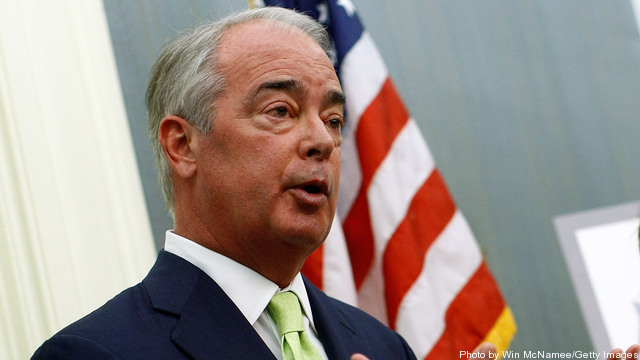
Duke Energy and Progress Energy said Monday that they have accepted federal regulators’ conditions for completing their merger and hope to close the deal by Sunday. The Federal Energy Regulatory Commission ruled earlier this month that the utility companies could combine their operations, but only if they meet conditions designed to ensure that the company wouldn’t exercise undue influence over the power markets in the Carolinas. Duke and Progress are also working to secure approval from regulators in North Carolina and South Carolina by this weekend. The all-stock deal, announced in January 2011 and valued at about $26 billion, would create the nation’s largest utility. Duke, of Charlotte, N.C., serves 4 million customers in the Carolinas, Indiana, Ohio and Kentucky, operates wholesale power and renewable-energy businesses and has international operations in Brazil and elsewhere.









